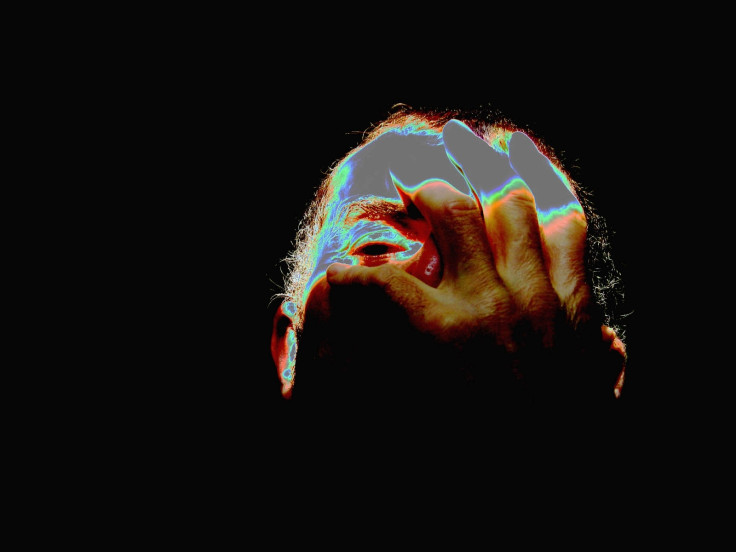Ketamine could be used to treat otherwise uncurable migraines
The anaesthetic drug ketamine appears to improve migraine symptoms in 75% of patients.

It's been used historically for pain relief and more recently to treat depression – but ketamine is now showing promise for treating stubborn migraines that are unresponsive to other treatment.
Between 12 and 18% of the population will suffer migraines to some degree, and they are much more common in women than men. Some people only experience a visual aura without pain, while some develop severe pain on one side of the head, nausea and sensitivity to light and sound.
Medications commonly used to treat migraines include conventional painkillers and tryptans, a type of painkiller tailored to migraine. But for some migraine sufferers, these don't provide any relief.
Ketamine, a drug originally used as an anaesthetic, appears to show promise in treating this subset of migraine patients, according to findings presented at the annual conference of the American Society of Anaesthesiologists.
A total of 61 patients took part in the study, taking between a 3 and 7-day course of ketamine. On admission, patients rated their headaches at 7.5 out of 10 on average. After the ketamine treatment, 75% of patients responded well. On discharge, pain ratings were typically around 3.4 out of 10.
"Our study focused only on short-term relief, but it is encouraging that this treatment might have the potential to help patients long-term," said Eric Schwenk, director of orthopaedic anaesthesia at Thomas Jefferson University Hospital in Philadelphia, US. "Our work provides the basis for future, prospective studies that involve larger numbers of patients."
Recent research into the potential for ketamine therapies have focused on mental health, rather than pain relief. For several years, it has been trialled for patients with severe depression that does not respond to conventional treatments, such as talking therapies or SSRI antidepressants.
The initial trial at Thomas Jefferson University Hospital may be promising, but without a placebo-controlled group for comparison, the researchers can't be sure the improvement in headache was down to the ketamine. It could have been the natural progression of the migraine improving.
"Our work provides the basis for future, prospective studies that involve larger numbers of patients," said Schwenk.
"We have provided a basis for additional larger studies to be undertaken."





















